Meso-ORIGINS
Meso-ORIGINS Feasibility study
Meso-ORIGINS feasibility study (IRAS ref 253522, NHS ref GN17ON341), which was a multi-centre cohort study which concluded in January 2021 and demonstrated the feasibility of the current methods and allowed us to refine our final study design.

The feasibility study had retrospective and prospective elements and was conducted at 4 UK pleural disease centres (Glasgow, Oxford, Manchester and Bristol).
In the retrospective element, which involved database review at each site, Malignant Pleural Mesothelioma (MPM) evolved, following an initial diagnosis of asbestos associated benign pleural inflammation, in 42 of 257 eligible cases (16% (95%CI 12.3-21.4%)). Of these, MPM evolution was confirmed histologically by repeat biopsy in 36/257 (14% (95% CI 10.5-19.2). In the prospective element, 37 patients were recruited over 12 months at the 4 study centres, exceeding the minimum number needed to demonstrate and adequate recruitment rate (39 patients). The feasibility study has therefore showed us:
how many participants are required for the Meso-ORIGINS study (i.e. it helped us estimate our sample size more precisely)
that is will be possible to recruit enough participants in a reasonable amount of time
that potentially eligible participants would be open to consent to proposed study methods
The results of the feasibility study suggest that the Meso-ORIGINS aims and protocol are achievable and methods are acceptable to participants.
Mesothelioma Observational study of RIsk prediction and Generation of benign-meso tissue pairs,Including a Nested MRI Sub-study
Malignant pleural mesothelioma (MPM) is an incurable cancer of the lining of the lung, which is strongly associated with prior asbestos exposure. MPM typical develops after decades of asbestos-driven benign pleural inflammation and it is not known what triggers the evolution from benign inflammation to MPM, or how best to treat the cancer to reverse or halt these processes.
Meso-ORIGINS forms the prospective tissue collection element of the PREDICT-Meso International Accelerator
Network funded by CRUK/AIRC/AECC. Our aim is to generate a large prospective cohort of asbestos-exposed patients with benign initial biopsies that we can retrieve and then match to any subsequent samples acquired at mesothelioma evolution. These samples will be used in downstream pre-clinical work packages to define the biology driving mesothelioma evolution, define new drug targets and validate these in a suite of pre-clinical models generated using the same material. By the end of the 5-year program we aim to have drug-target combinations ready for human trials.
Meso-ORIGINS includes 2 arms, with Arm A recruiting patients with initial benign biopsies and includes baseline collection of blood and breath (+/-MRI depending on site capabilities) for risk profiling – this data will help us design future studies of early intervention in high-risk patients. Arm B will recruit patients with suspected mesothelioma prior to thoracoscopic biopsy), allowing multi-region pleural biopsies for genomic heterogeneity analyses. The latter is particular important in mesothelioma because multiple tumours can exist in different areas of the pleural space and these may evolve at different rates and/or respond in different ways to treatment.
